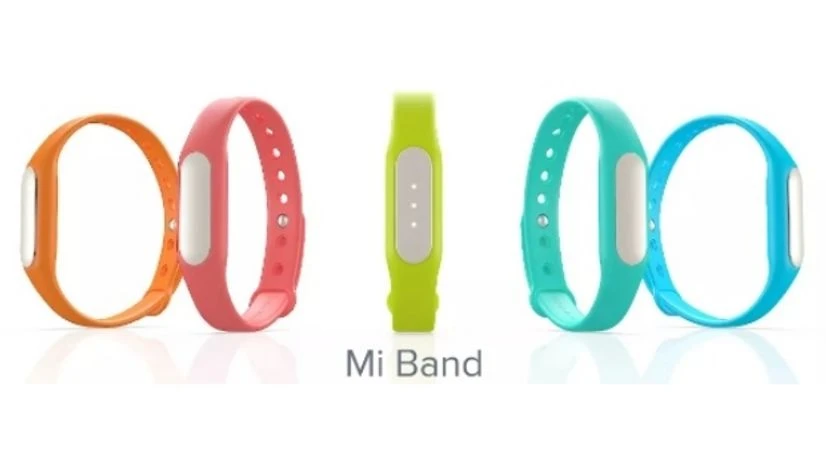According to the quarterly wearable device tracker, wearable devices witnessed an annual triple-digit growth, and similar growth is expected in the near future as well.
"Wearable devices have become immensely popular in the past one year, and more players are expected to make an entry into the market in both the basic and smart wearable categories. The expected launch of affordable smartwatches in the second half of 2016 could see a rapid growth in the share of smart devices," says Swapnil Bhatnagar, Research Director, IDC India.
The penetration of wearables is still low, and vendors are investing in the continuous development of products to provide better value to users, said the report. "The increase in volumes is giving more scope to the vendors to come up with better features such as display and NFC. Both Intex's recently launched Fitrist and Xiaomi's soon-to-be-launched Mi Band 2 come with a display at affordable prices," added Bhatnagar.
The wearable devices market is at a nascent stage right now and penetration in India is much lower in comparison to markets like the US or China. While consumers are keen on understanding the product and its features, vendors are continuously increasing their marketing budgets to address the issue. A rapid adoption in all categories of wearables is expected and the market is expected to evolve on all parameters such as price, product features and target segments.
Raj Nimesh, Senior Market Analyst, Client Devices, IDC, said: "The wearable market is rapidly gaining traction as it provides an easy health tracking mechanism to users. In terms of units, Xiaomi and GOQii together contributed over 45% share, however Fitbit had maximum market value share. Smart wearables have not yet gained enough ground because of the higher price attached to them."
The online channel was the most preferred means for majority of the vendors. However, a shift towards retail is also being observed as customers are looking to physically feel and test out the product. Fitbit and Apple are the only two brands that are widely present in physical stores; the other brands have either limited or no offline presence.
"The popularity of wearable devices is restricted to the urban sector with relatively higher disposable income. Since online platforms are immensely popular in this segment, nearly three-quarter of sales happened through leading online retailers. However, to expand the reach, an increasing number of brands are taking up the offline channel, especially, through major large format retail (LFR) outlets," added Nimesh.
More From This Section
Though smart wearables remained low at 12.3%, a higher growth rate compared to basic devices is expected in the near future. The first two positions were grabbed by Samsung and Motorola while the global leader Apple stood third due to channel-related issues.
Among vendors, Xiaomi was the top vendor this quarter, with continuing success of its affordable fitness tracker Mi Band. This has helped it in gaining 27.1% market share in Q1 2016.
In second position was GOQii, the Indian vendor was another bright star of the quarter. GOQii provides access to a personal trainer along with every band. This unique service helped GOQii achieve second position in the market, with 18.1% market share. The brand is affordable and has a relatively higher share in the commercial segment.
Fitbit clinched the third spot in the market, with 6.2% market share in terms of units. However, the brand leads in terms of market value share, currently over 10% more than its closest competitor. Leading the market globally, Fitbit's relatively higher prices have impacted the unit share in the India market.
While the first three spots were taken by basic wearable brands, the success of Gear S2 helped Samsung become the most successful smart wearable brand this quarter, said the report. The vendor stood fourth overall with 2.5% market share and first in the smart wearable category, with a 20.4% market share. The smartwatch comes with Samsung's own Tizen OS and has been one of the most popular products in the category.

)
